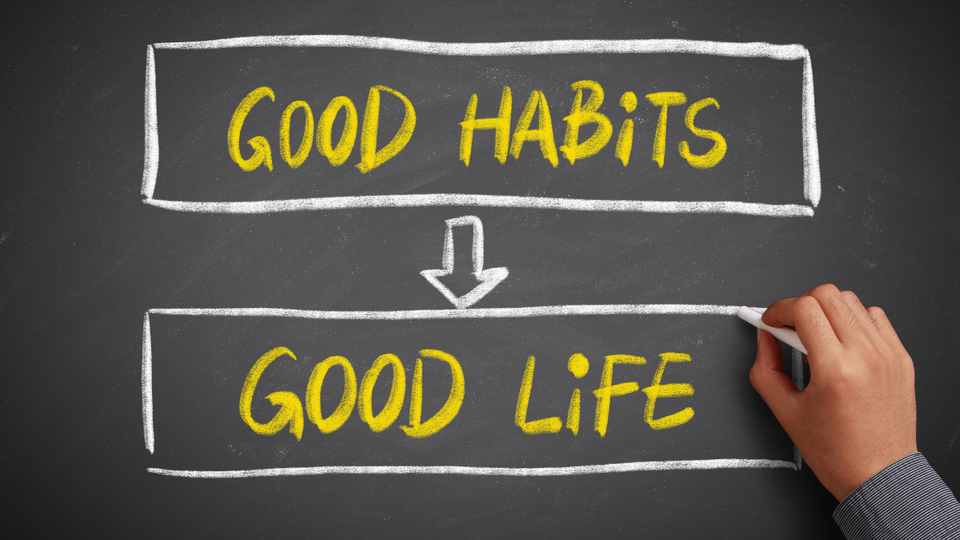If You Want to Create Change, Think Small

We’ve been sold the story that change needs to be big.
New year, new you. Total life reset. Reinvent everything.
But when you’re tired, burned out, or just trying to keep your head above water, big change feels impossible. And honestly? It often is.
The truth is, you don’t need to overhaul your life. You just need to start small.
Really small.
Why Big Change Often Fails
We all know the drill. We set a bold goal, feel a quick burst of motivation, and dive in hard.
Then life happens. Energy dips. Progress stalls. The goal starts to feel heavy. We start avoiding it. And before long, we feel like we’ve failed.
It’s not because we’re lazy or undisciplined. It’s because we’re trying to build a house without laying a foundation.
Lasting change doesn’t come from motivation. It comes from consistency.
Small Habits Are Where Real Change Begins
This is something we see again and again in psychology and behavioural science: small, consistent behaviours are far more powerful than occasional, massive efforts.
And one of the best explanations of this comes from James Clear’s brilliant book, Atomic Habits. He writes:
“You do not rise to the level of your goals. You fall to the level of your systems.”
Clear's book shows how simple habits — repeated daily — help rewire your identity. You stop trying to become someone else and start embodying the person you already are.
Key Ideas from Atomic Habits (That Actually Work)
→ Habit stacking: Link a new habit to something you already do
→ Two-minute rule: If it takes less than two minutes, make that your starting point
→ Identity-based change: Don’t aim to read 52 books. Aim to become a reader
→ Focus on systems: Progress happens when you work the process, not just chase outcomes
None of this is flashy. It’s not about radical transformation. It’s about showing up for small, meaningful behaviours that grow over time.
When Goals Are Too Big to Start
Let’s say you want to feel better, work smarter, or become more focused. Those are good goals, but they’re also abstract and overwhelming.
Here’s what often happens:
→ “Be less anxious” turns into scrolling mental health advice without taking action
→ “Get in shape” becomes skipping the gym because you’re too tired for a full workout
→ “Write a book” sits untouched because writing for an hour feels impossible
Big goals require big energy. And when you're low on capacity, the best place to start is with something tiny and doable.
Try These Small Shifts Instead
→ Struggling with anxiety? Write down one small win from today
→ Too tired to work out? Stretch for three minutes after brushing your teeth
→ Want to meditate? Try one deep breath after your morning coffee
→ Feeling scattered? Close one browser tab before switching tasks
→ Drowning in overwhelm? Identify one task to let go of today
These don’t look impressive. But they work. Because you’re building momentum, not chasing perfection.
Final Thought: Start Small, Stay Kind
Big goals are exciting. But small steps are sustainable. If you want to create real change — the kind that sticks — think smaller than you think you should.
You don’t have to prove anything. You just have to begin. Then keep showing up.
One small step, repeated, becomes a new way of being.
Looking for a place to start? Maybe it’s reading Atomic Habits, or maybe it’s just taking one deep breath and deciding you’re already on your way.
—MRB
My goal is to help people thrive in a complex world. While I write as a psychologist, this content is general in nature, does not constitute a therapeutic relationship, and is not a substitute for personalised mental healthcare advice. Further, some posts may include affiliate links to resources I recommend. Read my full site policy here.




Member discussion